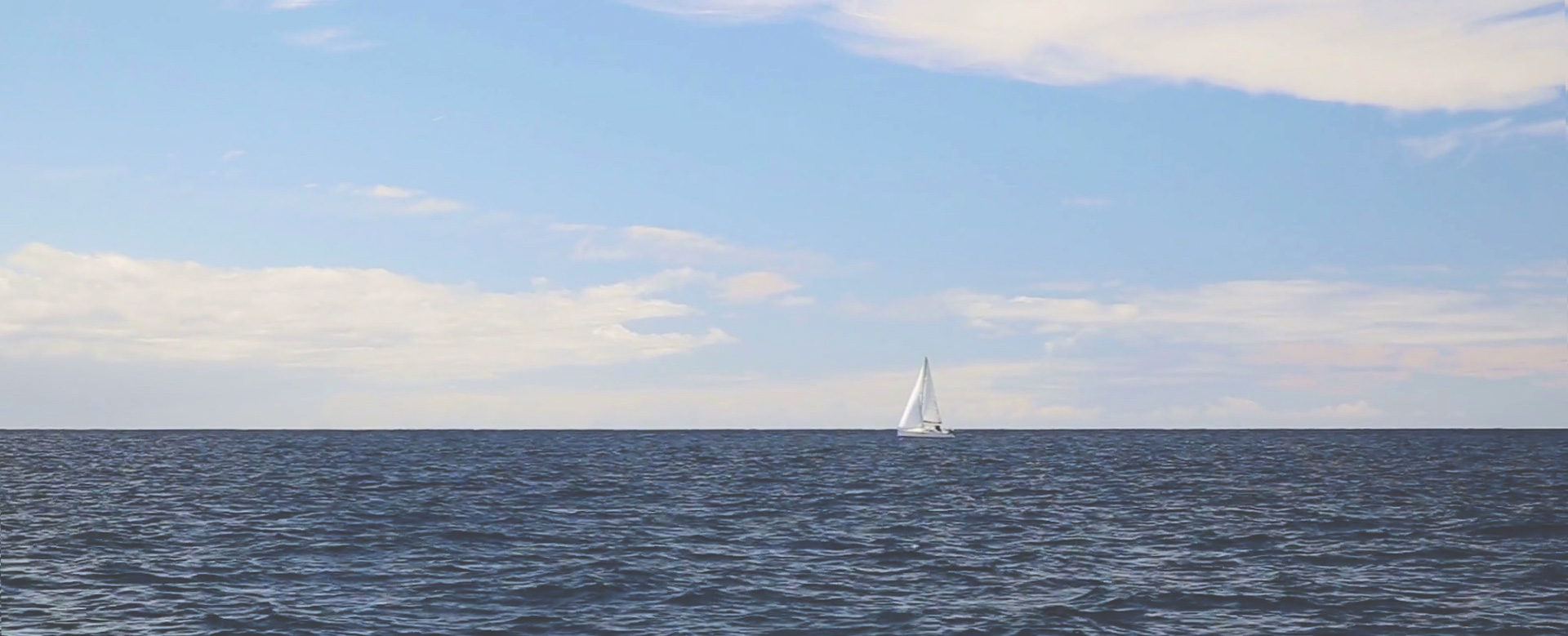
Sailing to Byzantium
I only recently read this poem for the first time, and something about it really resonated with me. Such a noble sentiment, infused with agony and yearning. Yeats, an Irishman, wrote this poem in 1926 at the age of 61. Of it, he said:
“I am trying to write about the state of my soul, for it is right for an old man to make his soul, and some of my thoughts about that subject I have put into a poem called ‘Sailing to Byzantium’. When Irishmen were illuminating the Book of Kells, and making the jeweled croziers in the National Museum, Byzantium was the centre of European civilization and the source of its spiritual philosophy, so I symbolize the search for the spiritual life by a journey to that city.”1
In this poem, which reads almost like a prayer, Byzantium seems to me more than a city; it’s a symbol of Heaven itself. Yeats speaks eloquently of the torment of old age and the journey to find one’s ultimate identity in their soul, which is “fastened to a dying animal,” the body. (What a powerful line!)
I find in this poem a compelling tension between what is past, what is now passing, and what is to come. There are nostalgic memories of younger days, a sober commentary on the present state of an old body, and a desire to be gathered into an eternal order where one still has their identity and a purpose. It’s a beautiful work filled with equal parts mourning and hope.
Sailing to Byzantium
By W.B. Yeats
That is no country for old men. The young
In one another’s arms, birds in the trees
– Those dying generations – at their song,
The salmon‐falls, the mackerel‐crowded seas,
Fish, flesh, or fowl, commend all summer long
Whatever is begotten, born, and dies.
Caught in that sensual music all neglect
Monuments of unageing intellect.
An aged man is but a paltry thing,
A tattered coat upon a stick, unless
Soul clap its hands and sing, and louder sing
For every tatter in its mortal dress,
Nor is there singing school but studying
Monuments of its own magnificence;
And therefore I have sailed the seas and come
To the holy city of Byzantium.
O sages standing in God’s holy fire
As in the gold mosaic of a wall,
Come from the holy fire, perne in a gyre,
And be the singing‐masters of my soul.
Consume my heart away; sick with desire
And fastened to a dying animal
It knows not what it is; and gather me
Into the artifice of eternity.
Once out of nature I shall never take
My bodily form from any natural thing,
But such a form as Grecian goldsmiths make
Of hammered gold and gold enamelling
To keep a drowsy Emperor awake;
Or set upon a golden bough to sing
To lords and ladies of Byzantium
Of what is past, or passing, or to come.
—
1Jeffares, Alexander Norman, A Commentary on the Collected Poems of W.B. Yeats (Stanford: Stanford University Press 1968) p. 217
